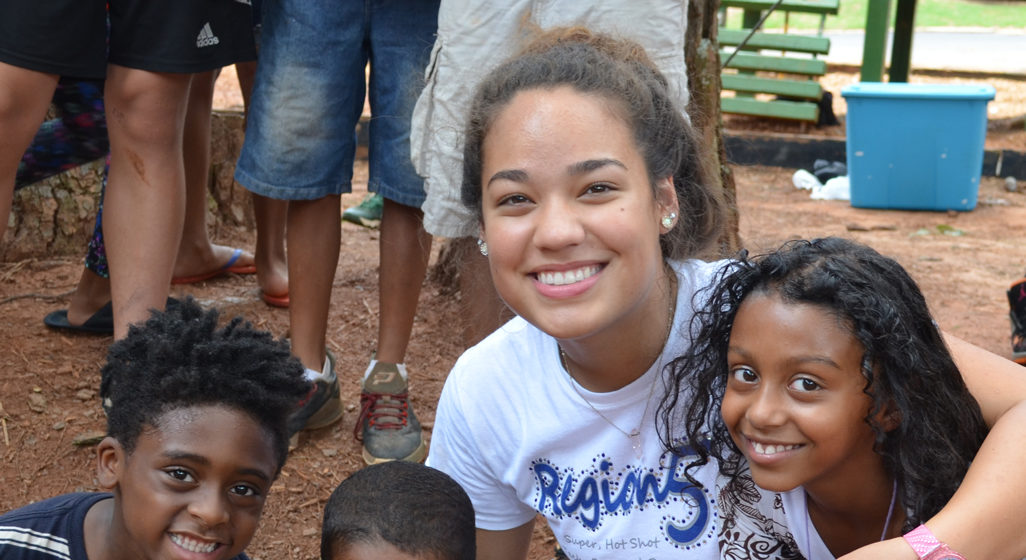10 Keys to Leading a Great Mission Trip (Part 2)
Before finishing the list, just a quick note: I’ve noticed that adult volunteers don’t always understand what students can do. We seldom have any problems on trips with students, but we often butt heads with adult volunteers. The reasons fall into two categories: First, adults want logistical roles and not relationships with students (they are afraid of students), and second, adults want to rescue students, not challenge them. It is very difficult to train adults on the actual trip. My experience on LeaderTreks Trips has taught me to focus pre-trip training on helping volunteers have more impact with students through the experience.
The first five keys to a great mission trip can be found here.
6. Challenge students.
This starts with challenging the top performing students. Usually we want to challenge the students who don’t “get it.” But challenging the students who do is much more productive. It gives struggling students a model to follow. Challenge can be as simple as asking, “Is there a better way? How can we improve tomorrow?” These questions will require students to think about their performance and opportunities for growth.
7. Get sleep.
Trips become increasingly ineffective as team members become tired. I am amazed by how many teams go on trips planning to stay up all night. Years of experience have shown me that students can’t be challenged or pushed to learn if they haven’t had enough sleep.
8. Add value to your adult volunteers.
I have led over 200 student mission trips, and the number one problem I see over and over again is adult volunteers who have no idea what they are doing on the trip. They come because youth trips need adults. But beyond that they don’t know why they are there. We can change this by offering pre-trip training, by providing clear roles, and by having a clear purpose for the adults on the trip. (As mentioned in Part 1, my purpose would be mentoring relationships that lead to life change.) Another way to add value to adult volunteers is to write a note to their spouse thanking them for their sacrifice.
9. Remember: Boundaries = Love.
Don’t give students what they want. Give them what they need. If you raise the level of expectation, your students will rise to meet it. If you have low expectations for your students, they will meet them as well. Start before the trip. Ask more of students than you think possible. Perhaps they won’t meet the highest expectations, but they’ll go a lot farther than if you set the bar low. Challenge their potential and see what happens.
10. Stay connected to God.
You can’t impart what you do not have. If your spiritual tank is empty, you can’t expect students to fill theirs. We must work first and foremost to maintain intimacy with Christ. In Acts 20:28, Luke says, “Guard yourself and God’s people.” Giving to others starts with having something to give. It starts with a deep, personal relationship with God.
About the Author
Doug Franklin
Doug Franklin is the president of LeaderTreks, an innovative leadership development organization focusing on students and youth workers. Doug and his wife, Angie, live in West Chicago, Illinois. They don’t have any kids, but they have 2 dogs that think they are children. Diesel and Penelope are Weimaraners who never leave their side. Doug grew up in… Read More




